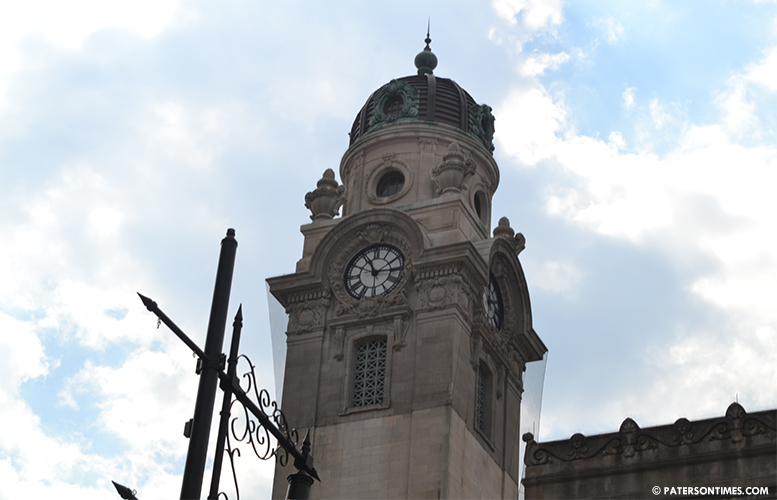City wants to impose business curfew for shops in hotspots
By Jayed Rahman
Published: July 23, 2014

Businesses operating in designated high crime areas must close shop at midnight, if a draft ordinance before the city council is successful. Council members on Tuesday evening discussed the ordinance that police brass say will allow for better policing of city streets.
Officials have identified 15 city streets as hotspots, where businesses will only be able to remain open between 5 a.m. to 12 a.m., according to the draft ordinance. Among the streets on the list are: 10th and 17th Avenues; East 18th Street and Broadway; Governor and Temple Streets; Rosa Parks Boulevard and Park Avenue; Straight and Market Streets; West Broadway and Carroll Street; North Main Street and two sections of Main Street.
“We came up with a perimeter that we think might be helpful in fighting crime in the City of Paterson,” said captain Richard Reyes, executive officer at the city’s police department. “One of the key areas that we identified was obviously quality of life issues such as noise, gangs, drugs complaints, and another area was non-fatal shootings.”
Reyes said the department looked at data from 2012 to 2013 and collected observations from beat officers to come up with a list of streets. The captain said much of the data came from residents making service calls to the police department complaining of loud noise.
Designed following an example of a similar ordinance in Jersey City, the city can add and remove streets from the list based on the number of quality of life complaints from residents, said Reyes.
“The Jersey City ordinance was adopted in 1987 and since that time has been amended seventeen times to either add areas or reduce the number of areas, remove areas,” said Andre Sayegh, 6th Ward councilman. “This is a working document. We can always amend it.”
Ruby Cotton, 4th Ward councilwoman, said the ability to amend the ordinance to add new streets will come in handy, but Reyes chimed in stating adding new streets on the list cannot simply be done at whim.
“It’s all based on data,” said Reyes. “It shouldn’t be amended unless there’s data to back it up.”
Mohammed Akhtaruzzaman, 2nd Ward councilman, said if a council member thinks a street should be added into the list, it can be done after sufficient data is gathered. “If we see a street needs to be on the list we can add it,” said Akhtaruzzaman. “Hopefully, end of the year we can modify it.”
Domenick Stampone, city’s law department director, explained arbitrarily adding streets can open the city up to lawsuits. “You may see a street that you think should be on there,” said Stampone, but it is not on the list because residents are not coming forward to report the crime.
Stampone said if the city is challenged in court it can show the judge that the city followed objective criteria to place streets on the hotspots list.
“Anytime you pass something like this, you run into the possibility of a challenge,” said police director Jerry Speziale. “This ordinance that you are looking at here has been vetted not only through legal, but also through our county prosecutor’s office.”
The city’s ordinance does not have any exceptions for business that the Jersey City ordinance had which landed that city in court.
Injecting a bit of skepticism into the discussion, Domingo “Alex” Mendez added, “Once we do curfew in one area, crime is going to move to another area.”
Acting police chief William Fraher responded stating that crime does not move as a result of a hotspot business curfew. “The current thinking is displacement does not occur,” said Fraher, who teaches policing in the John Jay College of Criminal Justice at the City University of New York. “In fact, once you do effective hotspot policing the adjacent areas along the hotspot cool down even more.”
Fraher did not rule out that displacement may occur. The chief said the department has a plan in place to be vigilant around adjoining neighborhoods near the trouble spot to monitor any migration of crime from a hotspot neighborhood to a non-hotspot.
“This is just going to be another tool that will help the Paterson Police Department to effectively police the city and bring better quality of life to residents of this city,” added Speziale.
Correction: The initial article stated that businesses would be required to close at 11 p.m., when in fact they must close at 12 a.m.